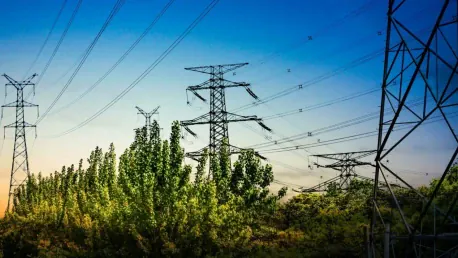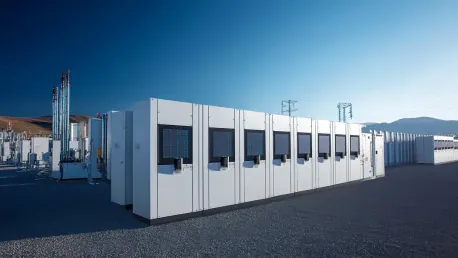
The US electrical industry is at a pivotal moment, facing both challenges and opportunities. With rising demand, federal climate initiatives, and increasing electricity costs, utilities must adapt. Leveraging federal funding and adopting whole-home demand-side management (DSM) programs can be key

Artificial intelligence (AI) has become an indispensable tool in modern society, revolutionizing various processes and applications, including energy management within the public sector. As government agencies and public institutions are increasingly striving for sustainability, the reduction of

The uncertainty surrounding U.S. policy is having a profound impact on biodiesel and renewable diesel production, stifling an otherwise promising sector poised for significant growth. Producers have invested heavily in expanding capacity and advancing technologies, yet they now find themselves

As the world accelerates towards renewable energy, large-scale battery projects play a crucial role in ensuring the stability and reliability of energy supplies. Fidra Energy, a prominent European battery energy storage system (BESS) platform based in Edinburgh, UK, has recently made significant

In the face of escalating energy demands across the United States, particularly due to the exponential growth of large data centers, innovative energy solutions have become imperative. Data centers consume enormous amounts of electricity, akin to the daily charging of hundreds of thousands of

The German energy market, particularly the commercial and industrial (C&I) sector, is experiencing a significant transformation due to the rise of battery storage systems. Among the key players propelling this revolution is Tesvolt, a developer and manufacturer of advanced battery energy storage